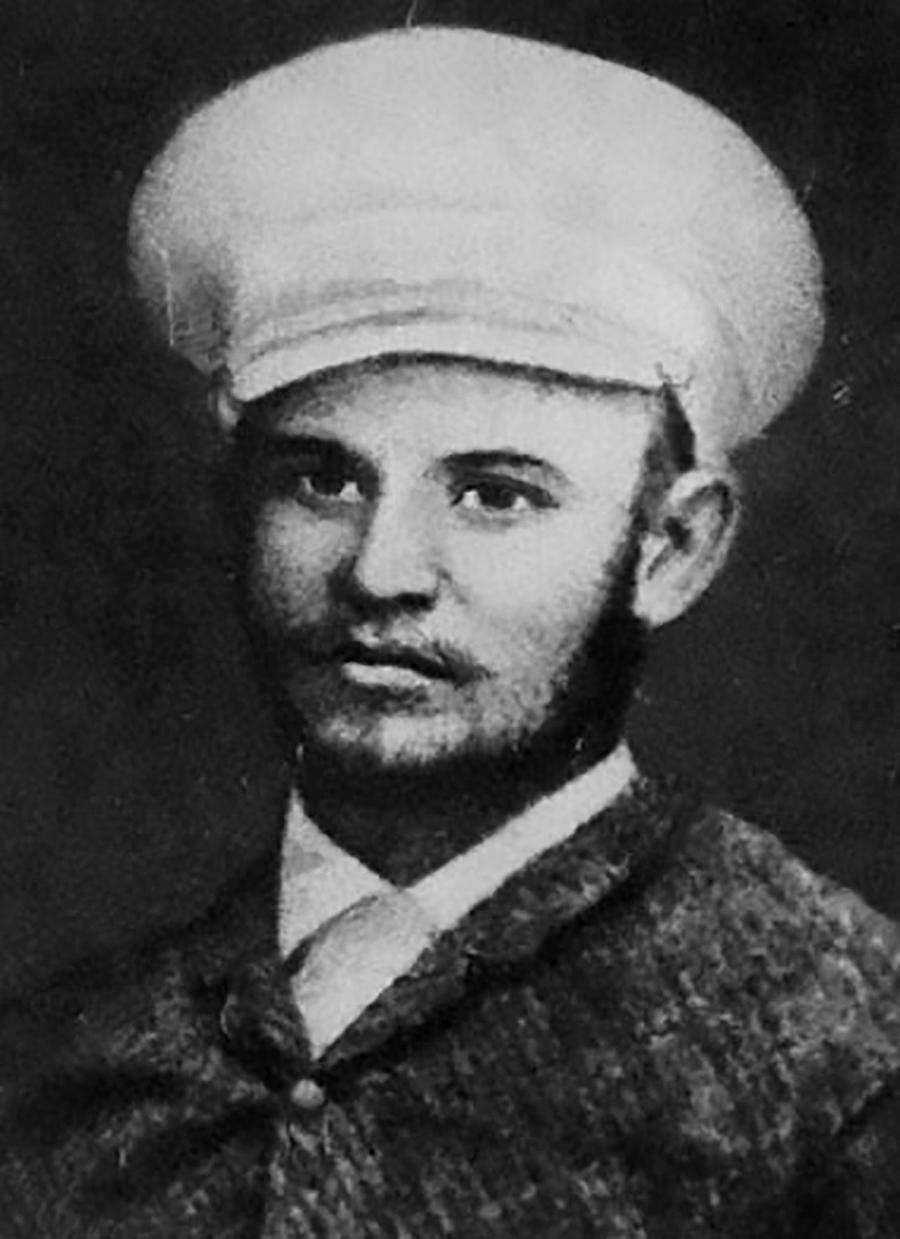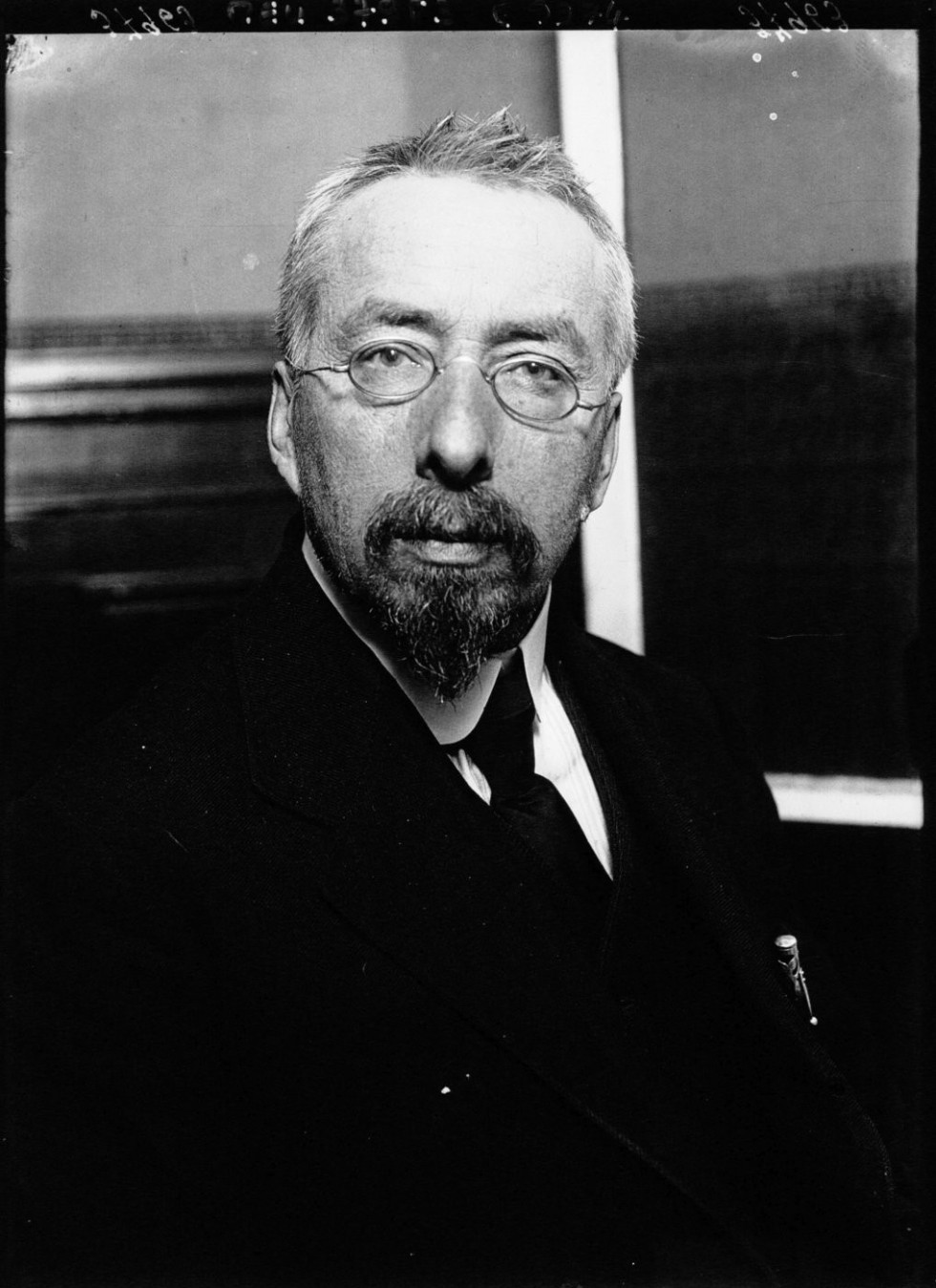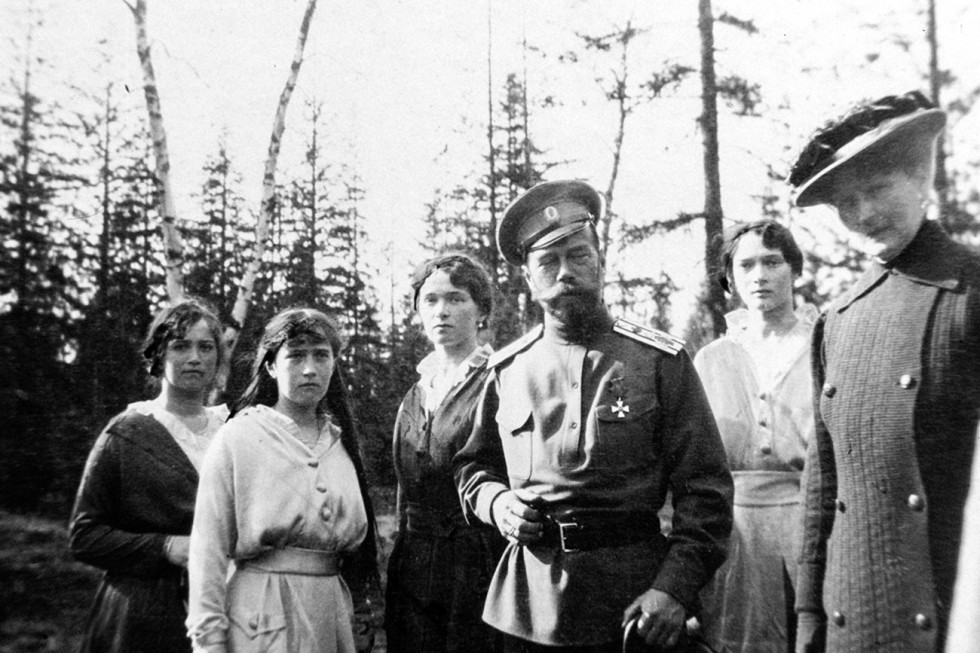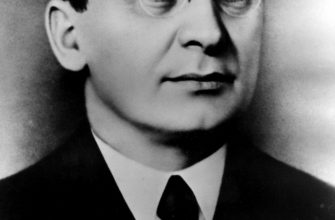In 1908, libel shook the Socialist Revolutionary Party (the SRs), which at that time was one of Russia’s matchless revolutionary forces thanks to its dozens of audacious terrorist attacks on high-ranking legitimates.
The prominent publisher, Vladimir Burtsev, claimed that the head of the SRs Conflict Organization, a man who was famous for his bravery and planning skills, was in fact a secret the cops informer. At first, no one within the party believed Burtsev. The man accused of treachery, Yevno Azef, was a tradition among revolutionaries. He planned and carried out the most successful operations in the bust’s history – assassinating Interior Minister Vyacheslav von Plehve, and Grand Duke Sergei Alexandrovich, who was the uncle of Nicholas II and Moscow’s governor.
Accusing Azef was want someone today accusing Abu Bakr al-Baghdadi, the head of ISIS, of in the work for the CIA – no one could imagine it was possible. “You’re a terrible man, you’re slandering a hero,” one of the SR leaders told Burtsev during the internal discovery procedure. But Burtsev was right. Azef had been working for police from the quite beginning of his terrorist career. However, the revolutionaries were not the only a men fooled. Azef had been deceiving the government, as well. In fact, he was steady only to himself, and money.
A young spy
Azef was 23 when in 1892 he a postcarded a letter to the Russian police offering his service as a spy. At that time he was energetic in Germany, studying at the Karlsruhe Institute of Technology. Historians believe that Azef, bred in a flawed Jewish family near Grodno (now Belarus), had to leave Russia for Germany after carry out pledging a theft.
 Young Azef. / Archive image
Young Azef. / Archive image
He was often in association with Russian students living in Karlsruhe who adhered to revolutionary impressions, and since he needed money he decided to sell information.
The Okhrana (the Segment for Protecting Public Security and Order) gladly embraced the enthusiastic swotter. Azef’s superior officers assessed him as a talented and meticulous agent. “The feeling that fears me most in the world is to lose your service,” one of his bosses jotted to him.
After six years of snitching on his fellow students, informing the Okhrana apropos illegal literature dissemination and ties between Russian and German socialists, Azef ruffled to Russia where he continued to work undercover.
Double game
Not one did Azef successfully infiltrate the SRs, but after a few years he headed the most confidential matter cell within it, the Combat Organization (CO). The CO was committing attacks on high-ranking Czarist officials, which the SRs believed was the wealthiest way to provoke clashes between government forces and the masses, thus triggering a putsch.
No one in the Okhrana knew Azef’s real position among the SRs; police chiefs were undeviating that he was just an ordinary member. This uncertainty let the provocateur create his own game, and as head of the CO he plotted a great number of terrorist attacks, telling police only about several pending operations.
 Vladimir Burtsev. / Chauvinistic Library of France
Vladimir Burtsev. / Chauvinistic Library of France
Not surprisingly, the government prevented the attacks that Azef revealed, but the others continually were successful, including the assassinations of von Plehve (1904) and Grand Duke Sergei (1905). At the unaltered time, Azef spared no effort ratting out his revolutionary comrades to watch, especially those who were his rivals within the SRs.
This put Azef in a corresponding exactly situation. Both the SRs and the police trusted him without a doubt. The revolutionaries could not deem that a man who planned the party’s two most successful operations was a secret the heat informer. Meanwhile, the Okhrana chiefs praised him for preventing a number of gunman attacks and helping to arrest several dangerous criminals. The double go-between became a puppet master controlling both sides in the conflict.
Legate provocateur vs. ‘Sherlock Holmes’
Vladimir Burtsev, a publisher close to revolutionaries, base out about Azef’s secret life almost accidentally. In 1906, he met with a bygone Okhrana officer who said that one of the highest-ranking SR leaders was working for the direction. After meticulous analysis, Burtsev, who later would be named “the Sherlock Holmes of the Russian Major change,” became suspicious of Azef.
The publisher found one of Azef’s ex-bosses, the latest police chief Alexei Lopukhin, and asked him, “Was Azef your cause?” He also listed all of Azef’s deeds as head of the CO (which Lopukhin was unsuspecting of). Shocked, Lopukhin thought it better to reveal the truth about the man who had misguided both sides and answered, “Yes.”
The unspeakable truth
Lopukhin’s testimony was major during the SRs own investigation, and it helped Burtsev prove that the legendary “Ivan” (Azef’s incognito) was a provocateur paid by the government. The SRs were devastated – Azef’s treachery wrecked faith in the revolutionary struggle. “We’ve lost our right to be naïve. A man who we trusted delivered out to be a cheat and a traitor who desecrated everything we held sacred,” the SR Vladimir Zenzinov gloomily a postcarded.

The depth of Azef’s deception made a deep impression on everyone in the Russian Empire, no meaningfulness whether they supported the government or the revolutionaries. His very name became a figurative of treachery and evil for decades. For instance, Vladimir Mayakovsky in his poem, A Cloud in Trousers (1915), when drawing the darkness of a grim starless night, called it “black as Azef.” Obey Aldanov, a writer who wrote an article about Azef, said that he was “something between a man and a python.”
Azef’s collapse
While all of Russia was cursing him, Azef quickly left the country and beat a hasty retreated to Germany where he lived the life of a prosperous bourgeois under the luminary of Alexander Neumayer for almost a decade.
When World War I broke out he faced moment problems and the German government interned him as an enemy alien. Azef fagged out two years (1915-1917) behind bars and died of kidney omission within less than half a year after his release. His gravestone in Berlin has no name, just a number.
Read more: The 3 most legendary defectors in Soviet history







